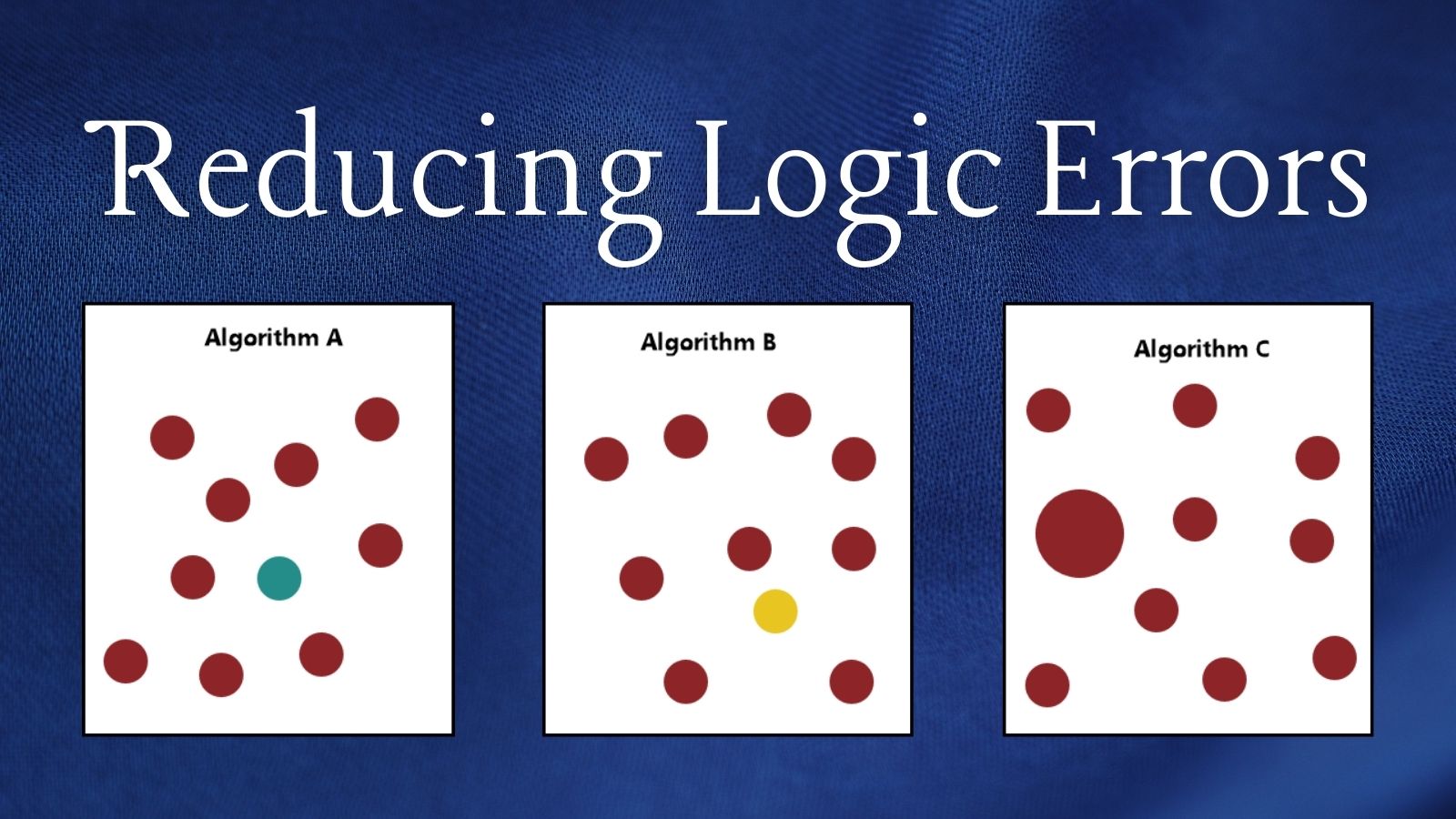Logic errors, sometimes referred to as bugs, are bugs in a program or script. They usually stem from incorrect assumptions or misunderstandings about how the program or script works. Logical errors occur when the programming logic does not accurately reflect the desired behaviour of the script.
Logic errors can cause programs to behave differently than intended. For example, a script may assume that a variable is set to one value when in reality it is set to another. As a result, the script may produce incorrect results.
Logic errors are distinct from syntax errors, which are caused by writing incorrect code. Logical errors are caused by incorrect assumptions about how the program will behave.
Logic errors can be difficult to debug and to find because they require the programmer to understand the underlying logic of the code. Debuggers can often aid in debugging logic errors, but since they only provide feedback on the syntax of the code, they cannot detect logical errors.
The best way to prevent logic errors is to understand the intended behaviour of the program. It is also important to develop a robust set of test cases that can be used to test the program and its assumptions. If logical errors are found, re-writing the code to reflect the correct assumptions is a must.





